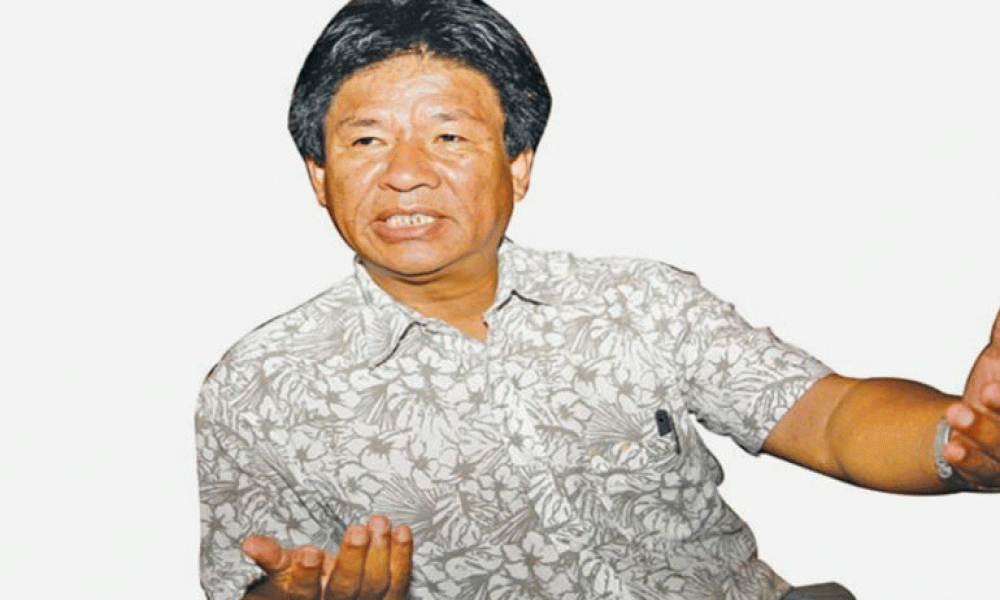Dr Om Gurung
What is pre-informed consent ?
Pre-informed consent is an integral part of democracy. It is also an important part of democratic process itself. When a government decides to undertake mega development projects in an area inhabited by or close to people, it must inform the locals about what it is really up to. The government must inform the locals what it is building, why it is necessary, how it could benefit the state and the common people, its socio-economic impacts on environment and livelihood of the locals and policies and programs to compensate the affected population for whatever they might lose in the whole development process. Only then will the local people be able to understand what the project set to be built in their village entails. It is a process to help the locals understand nitty-gritty of the project in order to enable them to make informed decision.
In undemocratic countries, authoritarian governments do not think it is necessary to acquired informed consent of the local people. They just go about implementing development projects that could benefit them but harm the locals. But in a democracy like ours, acquiring informed consent of the locals is a prerequisite for any development projects.
It might not be possible for indigenous people to have legal ownership over the jungle on which they once relied for livelihood. But it is possible for them to have prior constitutional rights over local natural resources.
In Nepal, large swathes of jungle area traditionally used by indigenous people for livelihood have been converted into community forests, national parks and protected zones. Is it possible for indigenous people to regain their rights over natural resources?
It might not be possible legally. But it is possible practically. It might not be possible for indigenous people to have legal ownership over the jungle on which they once relied for livelihood. But it is possible for them to have prior constitutional rights over local natural resources. Nepal is party to several international treaties which make it obligatory for the state to give local indigenous people prior rights over local natural resources. Based on these international laws, Nepal's indigenous people have been demanding their prior rights over local natural resources.
But local indigenous people do not have legal rights to enter protected areas like national park and wildlife reserve. What should the state do in this regard?
International treaties, most importantly ILO-169, clearly state that local people deserve rights over local natural resources. But our national laws, by-laws and rules contradict international treaties, which Nepal has ratified.indigenousvoice
International treaties, most importantly ILO-169, clearly state that local people deserve rights over local natural resources. But our national laws, by-laws and rules contradict international treaties, which Nepal has ratified. The state must harmonize its laws in tune with international treaties, which it is party to. In some areas, locals rights over local natural resources have been ensured. Chitwan National Park is an example. 50 per cent of revenues collected from here goes to people living in the park's buffer zone area. The state must replicate these programs in all protected areas.
With regard to indigenous people rights, is Nepal's new constitution more progressive than the interim constitution?
It is progressive in terms of its volume. It is bigger in size than the interim constitution. It has more pages than the previous one. But it is not progressive in other ways. In fact it has curtailed some rights already institutionalized by the interim constitution. So it is regressive.









